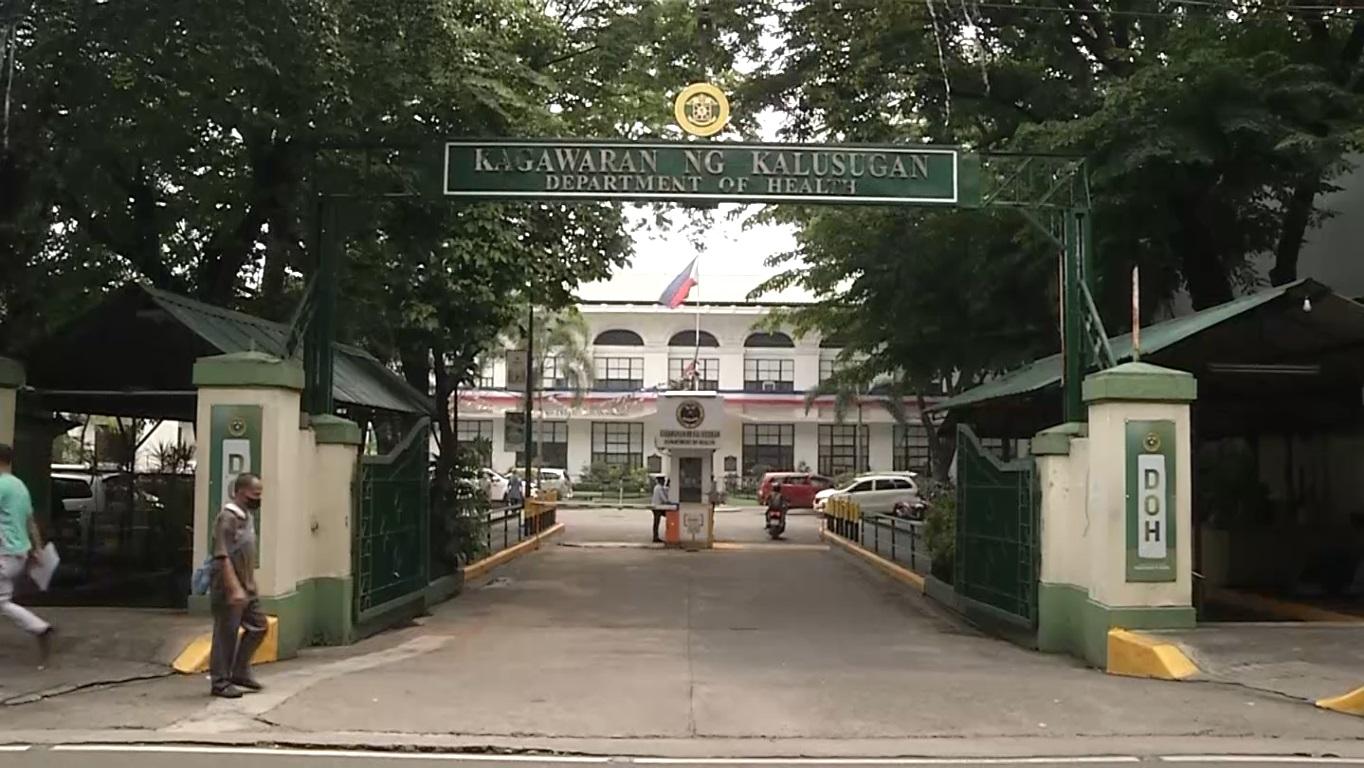DOH: Streptococcal toxic shock syndrome not a public health concern yet

The Department of Health (DOH) on Thursday said that it does not see streptococcal toxic shock syndrome (STSS) as a public health concern as of the moment.
This, as infectious diseases expert Dr. Rontgene Solante confirmed that the Philippines has also recorded several cases of the STSS, a deadly bacterial infection that is currently on a rise in Japan.
“The DOH does not see STSS as a public health concern at this point in time,” DOH spokesperson Assistant Secretary Albert Domingo told reporters in a Viber message.
Instead, the Health official also said that the public should focus its attention to risk communication efforts against the WILD diseases: water and food-borne diseases, influenza-like illnesses, leptospirosis, and dengue.
“By burden of disease and by effect on quality of life, they are more worthy of public attention,” Domingo added.
According to Solante, STSS is caused by Group A Streptococcus Pyogenes, a bacteria that causes pharyngitis or inflammation of the pharynx. This bacteria, which could enter through a wound, could result in a rare and severe complication when spread into the bloodstream.
The Centers for Disease Control and Prevention (CDC) said that STSS is a “rare but serious” bacterial infection. It has a fatality rate of 30%, meaning it could kill three out of 10 people infected with it.
Its symptoms include fever and chills, muscle aches, nausea, and vomiting. About 24 to 48 hours after these symptoms develop, an infected person may suffer from low blood pressure, faster than normal heart rate, rapid breathing, and organ failure.
EXPLAINER: What is streptococcal toxic shock syndrome
— RSJ, GMA Integrated News




